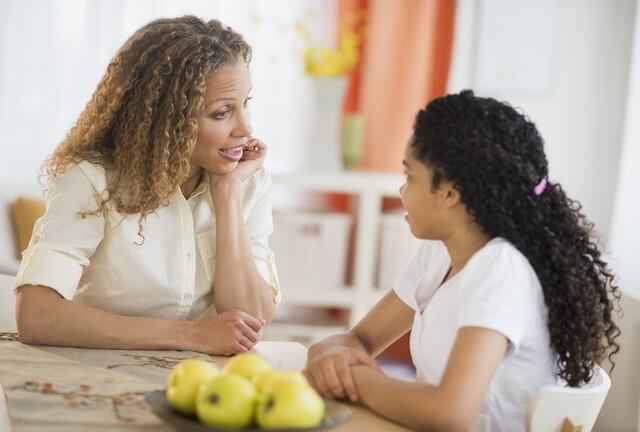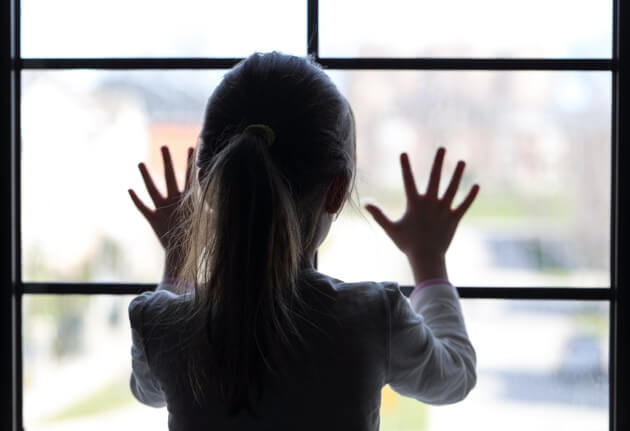Made Divorce Mistakes? It’s Not Too Late To Get it Right – For Your Children!
 By Rosalind Sedacca, CDC
By Rosalind Sedacca, CDC
Whether you got divorced several weeks ago or it’s been several years, most of us can acknowledge that we’ve made some mistakes.
Perhaps we lost our tempers at an inappropriate time and watched our children painfully internalize the experience.
Maybe we referred to our ex in a rather unflattering way only to find our child get very upset and storm away in anger.
Chances are, in the heat of the divorce drama, we settled for a decision or two that we later regretted and still feel unsettled. Or we made a child-related agreement that, in hindsight, was not in our child’s best interest – but we don’t know quite how to remedy the situation.
While some legal matters will involve only legal resolution, there are many post-divorce relationship decisions involving our children that we can remedy. And it’s never too late to make amends and get it right.
Take Action Now!
If you have found that your children are suffering or hurting due to a decision you made when you were more motivated by anger than by positive parenting and are now having regrets – take action.
That can mean having a heart-to-heart with your children and apologizing for actions or statements you made that created pain in their lives. Take responsibility, own those behaviors, and humbly explain that you made an error and now want to make some changes.
That may translate into letting them spend more time with their other parent … no longer bad-mouthing your ex in front of the kids … inviting your ex to a holiday or school event with the children … encourage the kids to have a visit with their “other” grandparents … you get the idea.
Perhaps it means a straight-talk conversation with your ex that opens the door to better, more cooperative communication, trust and co-parenting. Or apologizing for harsh words and insults. Yes, this can be amazingly difficult to do from an ego perspective. But when you think about how much joy it can mean to your children when they see both of their parents getting along — it’s more than worth the swallowing of your pride. Chances are your ex will swallow some too – and be receptive to working things out in a more mature manner.
Remember YOU’RE the Role Model
If you have nothing to “own” and all the tension and mistakes rest solely on the shoulders of your ex, try approaching them in a different way, focusing exclusively on the emotional needs of the children, and reaching out a hand in peace.
There’s no guarantee this will work – and we all know some certified jerks out there of both genders – but I wouldn’t give up – ever! Times change, people can change, and change may be just what your family needs so you can create a better outcome for the children you love.
When you take the “high” road and model responsible, effective behavior, you are giving your children the gift of learning how to do that themselves. It’s a gift that will pay off for you and them many times in the years ahead.
One day your children will thank you for making things “right.” They’ll acknowledge you for being such a model Mom or Dad, despite the challenges you faced. And believe me, you will be proud of the parent you worked so hard to become!
* * *
Rosalind Sedacca, CDC is the founder of the Child-Centered Divorce Network, a Divorce & Co-Parenting Coach and author of numerous books and e-courses on divorcing with children and co-parenting successfully. For instant download of her FREE EBOOK on Doing Co-Parenting Right: Success Strategies For Avoiding Painful Mistakes! go to: childcentereddivorce.com/book
Please share this article on social media!
© Rosalind Sedacca All rights reserved.
 By Rosalind Sedacca, CDC
By Rosalind Sedacca, CDC